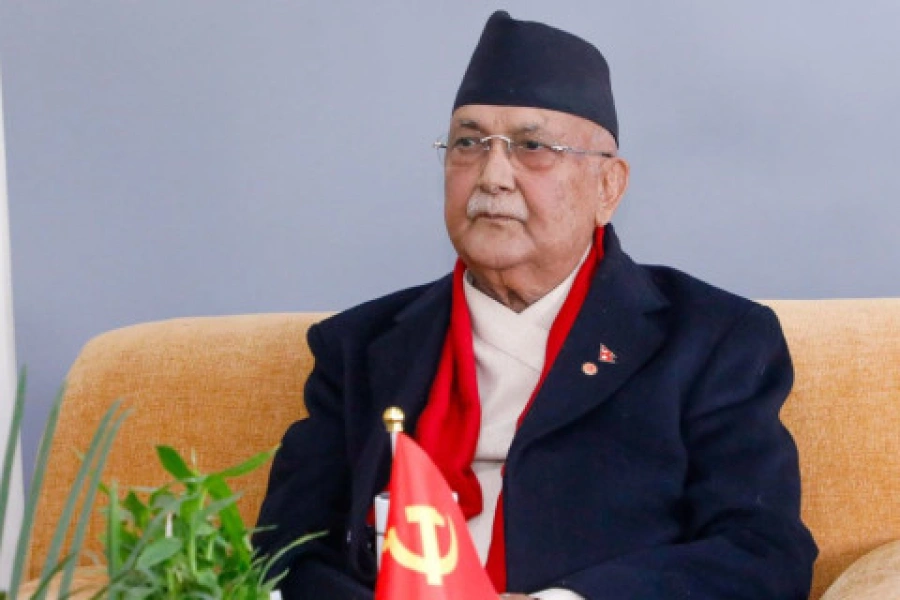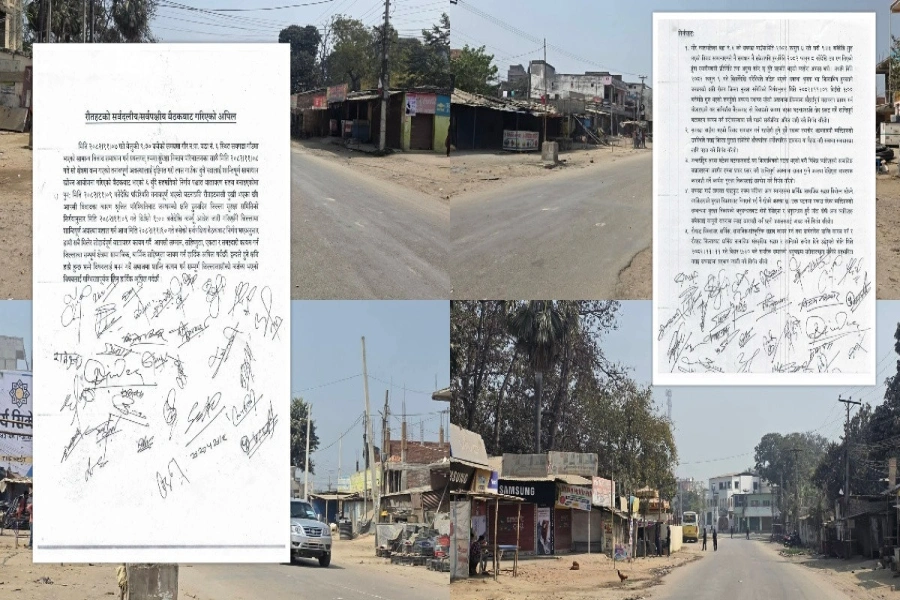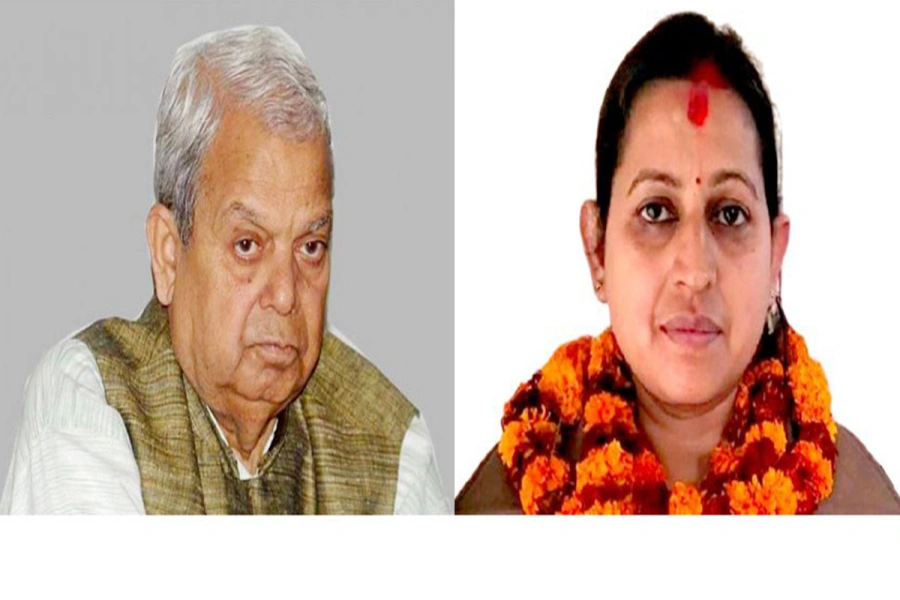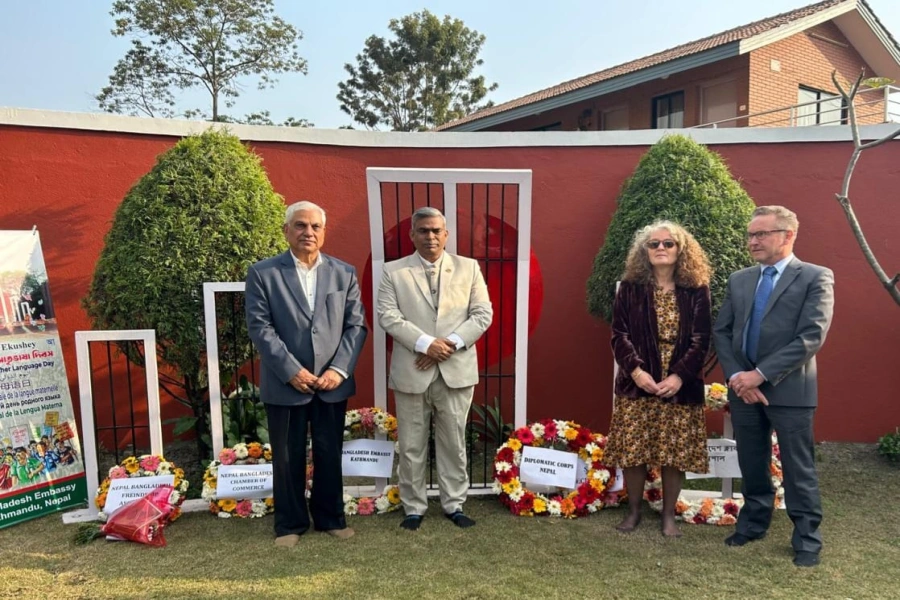The Nepalese bureaucracy embodies a blend of traditional and modern features, with traditional elements still holding more sway than modern ones. Despite numerous reform efforts in the past, the Nepalese bureaucracy has garnered a reputation as one of the world's weakest and least efficient systems. This stems from the prolonged decision-making processes, sluggish implementation, and an inefficient service delivery system. Additionally, issues like lack of motivation among civil servants, unnecessary expansion of government agencies and staff, weak mechanisms for individual accountability, and the challenge of effectively adopting new technology persist. Civil servants often prefer to remain at the central level, complicating service delivery at the local level. The administrative culture lacks a performance-oriented approach, incentives are limited and not closely tied to performance, and accountability is often evaded rather than accepted.
Prior to the 1951 political transformation in Nepal, modern administration was virtually nonexistent. The administration comprised individuals loyal to the ruler. During the one-party Panchayat system, there was a surge in the infiltration of government personnel through political appointments. Following the people's movement of 1990, the politicization of the bureaucracy commenced. The first Nepali Congress government under Girija Prasad Koirala retired a significant number of pensionable employees simultaneously, an event known as the 'Black Pajni.' Subsequently, the government reshuffled high-ranking staff, particularly secretaries, often based on political affiliations rather than merit. Employee unions were formally permitted, leading to their interference in state decisions.
After the amendment of the Civil Service Act-2049 in 2064, which introduced various changes, reservations for women, tribals, Madhesi, Dalits, persons with disabilities, and those from backward areas were ensured, covering 45 percent of civil service positions. However, civil service performance did not meet the expectations, and the most talented individuals in society often sought opportunities elsewhere. While hardworking youth from community schools across the country succeeded in public commission exams, top university graduates and individuals with special talents gravitated towards international and non-governmental organizations instead of government services.
Bill bars local units from recruiting civil servants

Stable civil servants are essential for establishing good governance, but the constant reshuffling of secretaries after the appointment of new ministers hampers effective governance. Transfers are often arbitrary, with allegations of favoritism and political pressure influencing decisions. Government offices do not uniformly provide rights and facilities, leading to a sense of discrimination among employees. Many civil servants in federal organizations refuse or hesitate to accept assignments in remote areas.
Recognizing these issues, the government has introduced the Federal Civil Service Bill 2080, which includes several new provisions. The bill categorizes positions into different grades, ranging from grade 1, equivalent to non-gazetted fifth class, to grade 13, equivalent to gazetted special class. A new information technology service has been included to attract IT professionals to government roles.
The bill also introduces lateral entry at the under secretary ninth-grade level, allowing officers with master's degrees and five years of experience in federal, provincial, or local government, corporate sectors, or international intergovernmental organizations to join. To promote inclusivity, 49 percent of positions will be filled through open competition among various ethnic clusters, with 50 percent reserved for women in those clusters, and the remaining 51 percent open to all.
Transfers will follow a cyclical system in all geographic locations, and the chief secretary will oversee transfers of gazetted first-class officers. Provincial Public Service Commissions with separate provincial laws will be responsible for appointments at the provincial and local levels, while the retirement age for civil servants has been raised to 60 years. The bill retains provisions for civil service trade unions.
The new bill aims to improve civil service and eliminate the prevailing bureaucratic inefficiencies, such as the need for multiple visits to government offices to complete tasks. The bureaucracy should shift from a rigid, rule-bound behavior to a more results-oriented approach. Proper systems and reduced political interference are essential for developing a bureaucracy with high moral values and goal-oriented mindset. Leveraging technology can simplify and enhance service delivery.
The success of the new laws hinges more on political will than on bureaucrats themselves. Human resource development, promotion, opportunities, career growth, streamlined transfers, financial incentives, and fair evaluations are essential elements for a goal-oriented bureaucracy. Collaboration with the private sector and civil society can further benefit service seekers. Capacity building through training and education is also crucial.
Achieving good governance requires a holistic approach, not limited to administrative reform. Public participation is essential in shaping administrative services. With the influx of a new generation and the introduction of information technology, the bureaucracy has the potential to modernize, become more user-friendly, and deliver services efficiently. Reforming not only civil service but also electoral, political, judicial, and police systems, along with collective efforts from all stakeholders, will be key to creating a results-oriented civil service.








































